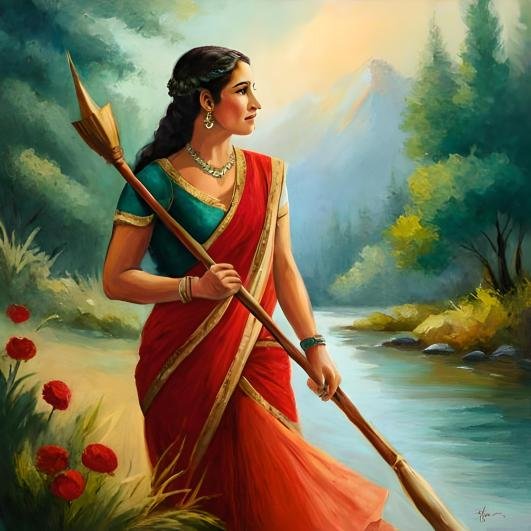India that is Bharat was a book that was long due. It is a book that translates the conscious and subconscious understandings of any Indian who is in touch with her soil into solid written form. It expresses what has since long been waiting to be expressed by any common Indian. In my opinion, this book is the first of the many milestones that Indic thinkers should achieve in order to balance the epistemological gap between the colonial mindsets and the indigenous voices.
J. Sai Deepak’s book does a very good job at introducing what decolonialism is and how it evolved out of post-colonial scholarship. More importantly, the book also helps us understand why this evolution is important and relevant to the debates and discussions we have today. While post-colonialism deals with themes like “talking back to the empire” and rebelling against colonial epistemology, it also has several reactionary flaws. It is also myopic towards different forms of colonialism, for example, Middle-eastern colonialism that occupied land, capital, labour like European colonialism, sought to erase the Indigenous cultures, and sought to enslave the people who did not subscribe to their theological beliefs.
J Sai Deepak mentions in the first book of his trilogy about a concept called Orientalism. Orientalism was formed by an Arab scholar living in the U.S. He set the tone for the rest of the post-colonial literature. The scholar is Edward Said, and his work is taught in Universities as a seminal reading. Said talks about the “Orientalist” gaze in which, the “east” has to be civilized by western Christianity, and, hence, the east is seen as animal-like, aberrant, and much more. Interestingly, this outlook is very similar to the one employed by middle-eastern colonialism towards people who do not believe in that “One true God”. However, the indegenous experience has received little to no attention by the scholars. Infact, understanding the indegenous experience through the postcolonial lens can be a distortionist exercise at times: this is simply because of the fact that all of the “east”, as theorized by mainstream postcolonial scholars, is not the same. The imagination of east that has been “oppressed by the west/western enlightenment philosophies” is the approach taken by post-colonialism. This way, the west is seen as the obvious perpetrator. When, in fact, the truth is that countries like India have been suffering from the influences of at least two levels of coloniality. It has been seen that the disregard of this truth in scholarly or even mainstream literature has led to further vilification of Indigenous societies. The glaring example is the trend of desecration of dharmic symbols in India in a series of what are supposed to be anti-government protests. There are very specific reasons for the same.
The education industry in the country has been handed over to a group, who can be best described as disconnected from the psyche of the Indian masses. At the same time, this very group has been creating our mainstream academic materials, media narratives, representations of India, and interpretations of what Indians think in general.
This academic movement is heavily influenced by a lineage of scholarship which has little to no relevance to the Indic setting. The group has very little critical capacity to understand the moods and sentiments of the Indian masses, despite all their formal training. In short, it doesn’t have the capacity or the intent to understand India as it is. Despite the “good intentions” of the academia, manifested in its activist tone, it has constantly misinterpreted, misrepresented, and gaslighted the masses, even to the extent of calling the majority of Indians names like “philistine”, “illiterate”, “cow-urine drinkers”, etc for voting a particular party or a leader to power. This is poignant because this very academic cohort is responsible for producing mainstream knowledge and narratives. However, this trend has been disrupted with the phenomenon of Indic awakening. J Sai Deepak’s books, starting with India that is Bharat Part 1, in my opinion, are a catalyst for an intellectual revolution. Epistemic reclamation has to be the centerstone of this awakening, and it seems like the process has begun. India is in the process of remembering that it has always been Bharat.

